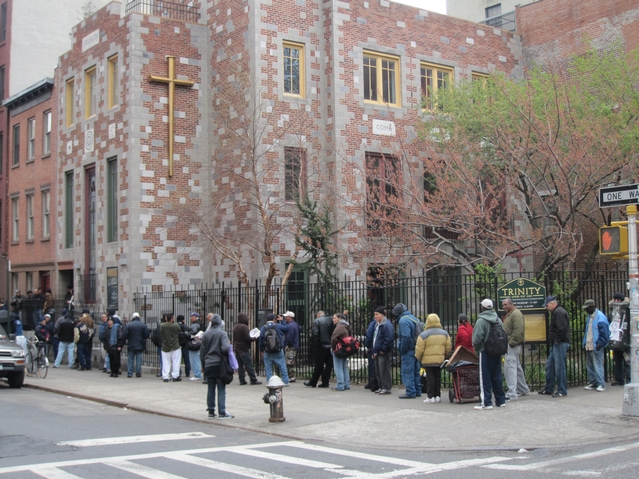Jim Romahn, the dean of Ontario agriculture reporting, writes that, after years of blistering criticism from small-business meat packers, the Ontario Ministry of Agriculture and Food is introducing new regulations that take effect Jan. 1.
 There are more than 40 changes to technical regulations, most of them to offer flexibility in how meat packers can meet the standards. Laurie Nichols who runs the Ontario Independent Meat Processors Association said the existing regulations are “prescriptive” and the new ones are based on “outcomes” without specifying precisely what needs to achieve those outcomes.
There are more than 40 changes to technical regulations, most of them to offer flexibility in how meat packers can meet the standards. Laurie Nichols who runs the Ontario Independent Meat Processors Association said the existing regulations are “prescriptive” and the new ones are based on “outcomes” without specifying precisely what needs to achieve those outcomes.
She said her members welcome the increased flexibility.
For example, the existing regulations have construction requirements for dry storage facilities for items such as sanitizing liquids, brushes, brooms, etc. The new regulations require that the items be off the floor and in a secure location which could now be met by putting the items in containers and on shelving. There is also a major policy change to move inspection of foodservice establishments out of OMAF and over to local health units. The expectations for food safety will remain the same.
There is also a provision for these foodservice establishments to conduct a small volume of meat processing. Nichols said that a policy the independent meat packers want clarified because it’s a competitive issue. OMAF is mentioning only a minor change in pre-inspection and post-inspection that adds another half hour of free service before it begins charging fees for service.




 Community Health Services Board of Health wants the supervisors to adopt.
Community Health Services Board of Health wants the supervisors to adopt.
.jpg) Krouse, saying
Krouse, saying.jpg) Krouse: “It is disappointing to see some groups try to take advantage of this crisis for their own political or social agendas. We urge everyone to wait until the FDA finishes its investigation of the two companies involved before jumping to any conclusions. “
Krouse: “It is disappointing to see some groups try to take advantage of this crisis for their own political or social agendas. We urge everyone to wait until the FDA finishes its investigation of the two companies involved before jumping to any conclusions. “
(1).jpg)
 To the farmers who grow the food I appreciate every day: In your products and in your claims, Don’t Sell Poop.
To the farmers who grow the food I appreciate every day: In your products and in your claims, Don’t Sell Poop.